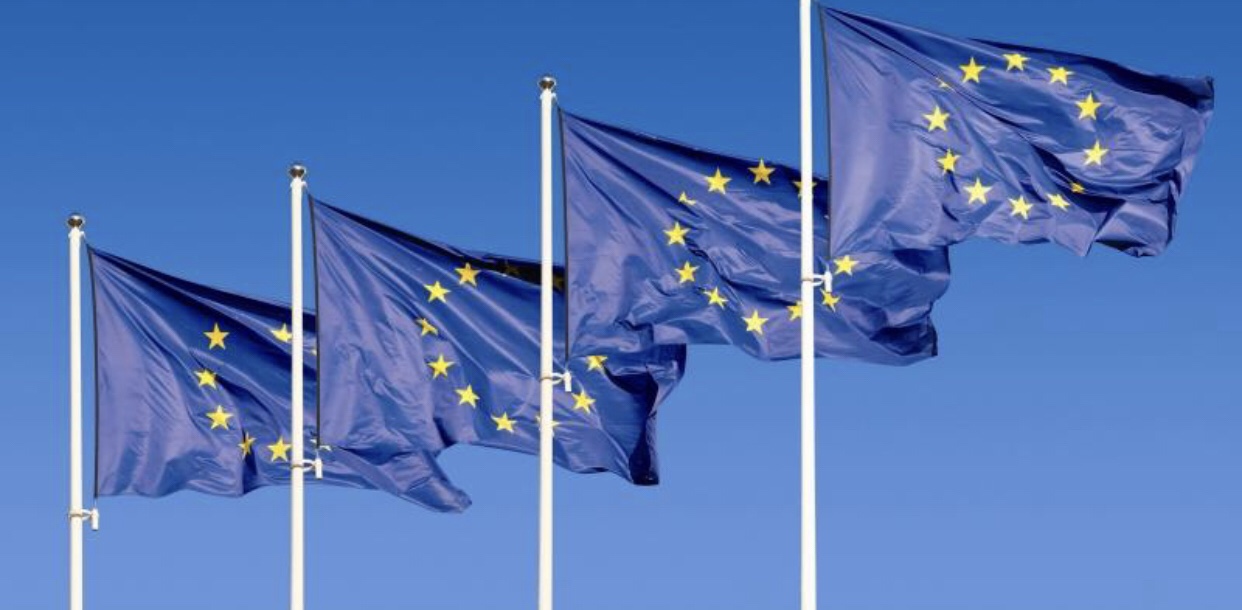Today I am speaking about Brexit at the Transport & Logistics Fair in Rotterdam.

You find me on stage at 12.00. Don’t miss it!
The European Union plans to have a 29-strong team of diplomats in London to represent it after Brexit.
It will be called a “delegation” – not an embassy – and will be part of the EU’s foreign policy arm, the European External Action Service (EEAS).
There will also be a mission with five staff in Belfast to oversee the implementation of the withdrawal agreement in Northern Ireland – if there is a Brexit deal.
The plans will be discussed next week.

They will be presented for approval by ambassadors from the 27 remaining EU countries on Wednesday.
The European Commission has offices in all member states. Currently it has a team of 27 staff based at Europe House, in Smith Square, Westminster.
Once the UK leaves the EU in March next year, that office will be replaced by a new London outpost for the EEAS.
It will be about a third of the size of its equivalent in Washington DC, which has 90 personnel – although only 30 of them are classed as European diplomats.
Swedes have been ranked the world’s best non-native speakers of English in a yearly international ranking.
The English Proficiency Index (EPI) from global language training company Education First (EF) ranked Sweden top out of 88 countries which don’t have English as a national language.

The country overtook last year’s winner, the Netherlands, which was relegated to second place. Singapore completed the top three, followed by Norway and Denmark.
Sweden has never been ranked outside the top five in the eight years the survey has been published, and has previously held the number one spot in 2012, 2013, and 2015.
English proficiency was very high across the entire country, although highest in Stockholm, with Småland, Gotland and Öland performing slightly worse. Women had better English language knowledge than men in all of Sweden’s geographical regions, a trend also seen in most of the countries surveyed.
‘Very high’ proficiency was defined by EF as the ability to carry out complex, nuanced tasks in English, such as negotiating a contract with a native English-speaker, reading advanced texts with ease, and using nuanced and appropriate language in social situations.
Pia Sundqvist, a lecturer in English at Karlstad University, told the TT newswire that contributing factors towards Swedes’ success in the language were subtitled media and a high standard of language teaching.
The report is based on a comparison of English skills measured by testing 1.3 million people, who voluntarily applied to take the test, in 88 countries. In Sweden a total of 3,600 people took part.






You must be logged in to post a comment.